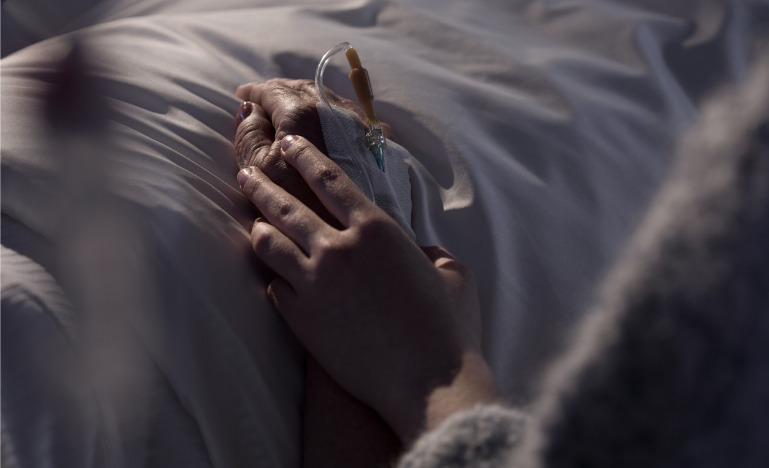Advancing MAiD
The CBA's End of Life Working Group offers recommendations to clarify the law about end-of-life decision-making.

The Canadian Bar Association is committed to clarifying the law about end-of-life decision-making, especially for persons with mental illness, mature minors and advanced requests for medical assistance in dying, or MAiD. To this end, the CBA’s End of Life Working Group recommends that the Criminal Code be amended in a way that aligns with the criteria established by the Supreme Court of Canada in Carter.
Advance requests
The Working Group uses the term advance request to mean a request for MAiD by a person who has been diagnosed with a “grievous and irremediable medical condition.” The request is made while the applicant is capable of requesting MAiD but is triggered later on, following the occurrence of specific and detailed circumstances at a time when the applicant may be incapacitated.
An advance request “can be viewed as an independent step in planning for incapacity by a capable person following a qualifying diagnosis, since it offers a mechanism to defer MAiD until the occurrence of future triggering conditions, without risking the inability to proceed at that time should the applicant lose capacity in the interim,” explains the Working Group.
Advance requests address the concern of applicants accessing MAiD earlier than they might want for fear that it could be refused to them once they are incapacitated. As the Working Group writes, “if a person must have capacity at the time of requesting MAiD, then a person must access MAiD while still capable even if the person is not yet ready to die. If they wait and risk incapacity, they will not be able to access MAiD at all (unless there is a framework for advance requests).” The Working Group offers detailed recommendations on what such a framework should contain.
Mental illness
The Carter decision did not define “medical condition,” however the Alberta Court of Appeal, in Canada (Attorney General) v E.F. held that Carter should be interpreted as including persons with psychiatric conditions if they otherwise qualify for MAiD.
The CBA Working Group says people who live with mental illnesses “are entitled to autonomy and self-determination about their health, without discrimination, and their suffering is no less real than those of individuals affected by a physical illness.” However, they may in some cases be in vulnerable situations because of their mental illness, hence the need for appropriate safeguards.
Those include informed consent and good professional health care. As the Working Group points out, “the Quebec Superior Court in Truchon stated that vulnerability in the context of MAiD must be assessed from an individual perspective rather than inferred on a collective basis, in reference to a group of so-called vulnerable persons which may not adequately reflect the diversity of circumstances amongst that group.”
However, that ruling does not address the cases of persons requesting MAiD whose sole underlying medical condition is a mental illness. The CBA Working Group says excluding them from accessing MAiD is likely to be challenged as unconstitutional, therefore it supports a “patient-centric approach to capacity and consent with appropriate safeguards.”
Mature minors
The Supreme Court has already ruled, in A.C. v Manitoba (Director of Child and Family Services), that mature minors can make informed decisions about their life and death. But the Court also noted that these situations required careful assessment of a young person’s individual capacity.
The Working Group says the development of appropriate tools to assess and confirm consent and capacity of minors is imperative to facilitate access to MAiD for mature minors and thus respect their constitutional rights.


